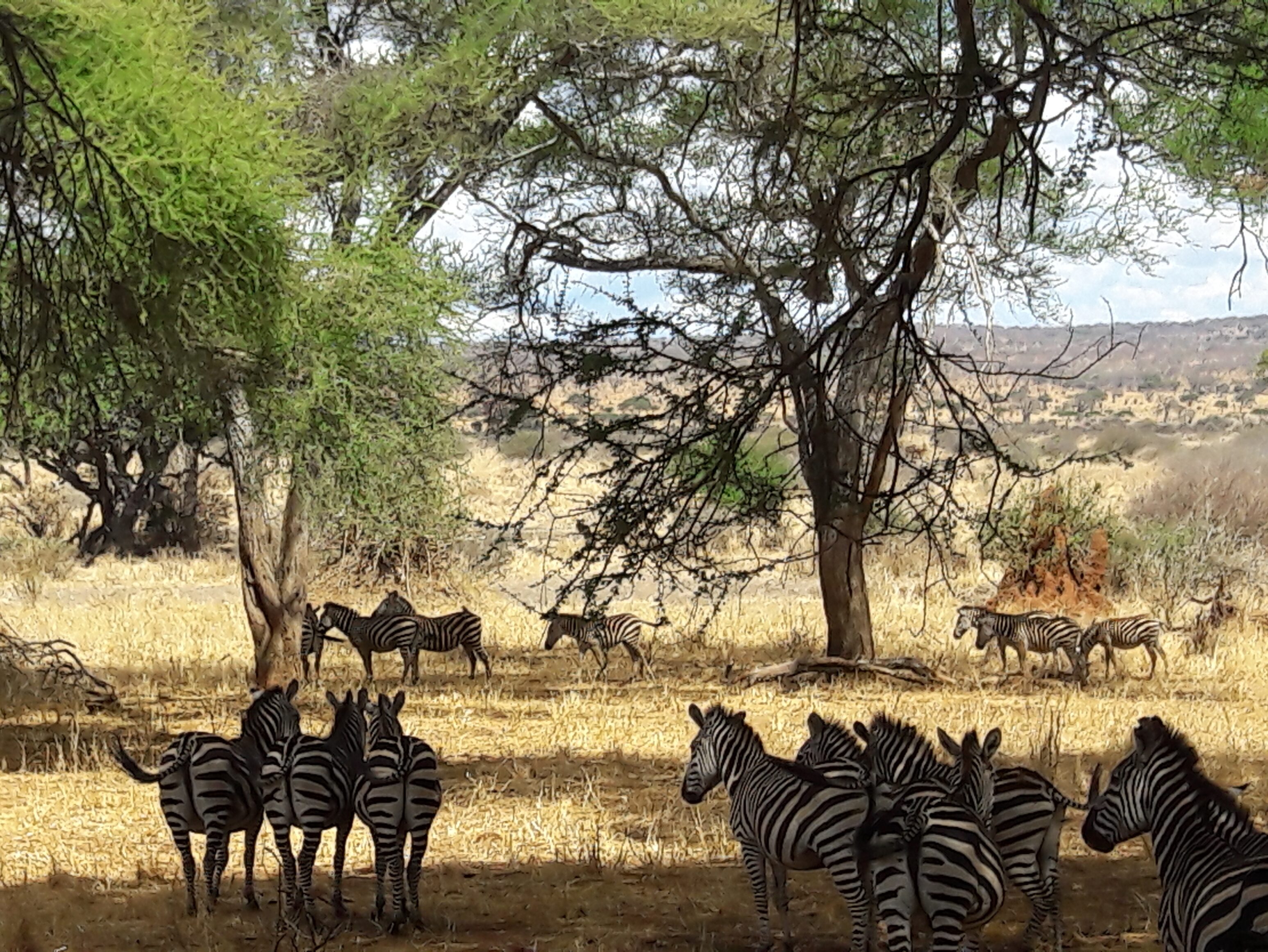Covid 19 measures
Currency and credit cards
Vaccinations and medical care
Videos and taking pictures
Ban on plastic bags
Medical supplies
Electricity
Safety
Languages
Telephone and internet

The best travel time depends on what you want, what you want to discover, experience and see.
Tanzania can be visited all year round, every time has its advantages. The rainy months are warm and green months, the colors of the landscapes are fantastic and unforgettable, the animals find food everywhere and can be seen everywhere.
Due to very heavy rains, especially in the great rainy season from March to May / early June, it can happen that some paths in the national parks are not passable.
The dry months are particularly suitable for observing large herds of animals at the remaining water holes and lakes, looking for water. The predator population is accordingly high, looking for prey.
Climate
Due to the proximity to the equator, Tanzania has a tropical climate.
In the north, the temperatures are somewhat lower due to the altitude.
The country is shaped by two seasons, the rainy seasons and the dry seasons.
Due to monsoon-like rainfall in the Great Rainy Season, it is better to avoid this travel season. There is a very high level of humidity and warmth.
In the dry season, the temperatures are pleasantly warm due to the low humidity.
The hottest months are January & February.
Seasonal highlights
December - March
Serengeti: Great migration, the herds migrate from the north to the south, many predators
February
NCA: Wildebeest birth season in the Ndutu Plains
April - May
Mating season of the animals
May - September
Serengeti: Wildebeests cross the Grumeti and Mara River on the route back to the north
The Ngorongoro Crater is an absolute highlight all year round, due to its own ecosystem in the crater.
The best travel times
The most popular travel times are the months in the dry seasons:
July-September
mid-December- February
The months at the beginning and end of the rainy season are also worth considering, as nature leaves an unforgettable impression and there is a high animal density.